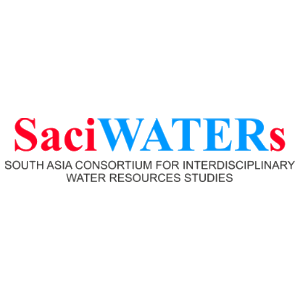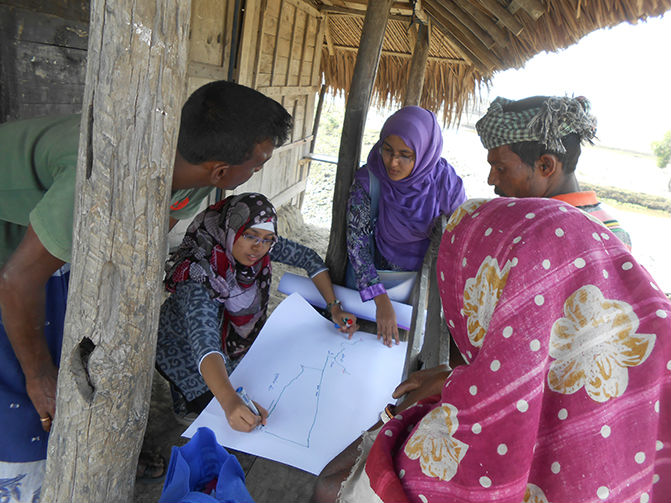-

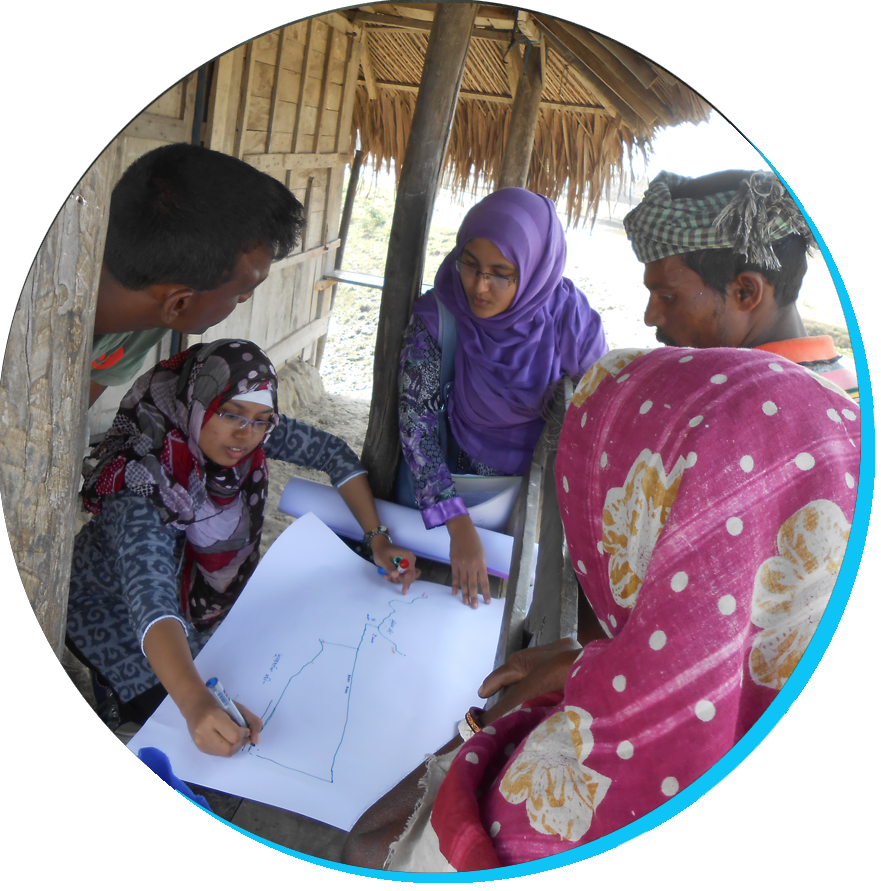
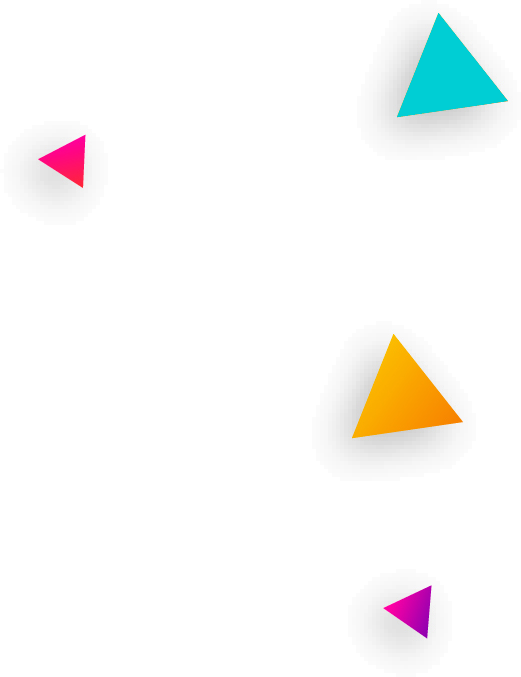 Our MissionCreation of interdisciplinary women leaders in water and climate change in South Asia
Our MissionCreation of interdisciplinary women leaders in water and climate change in South Asia -

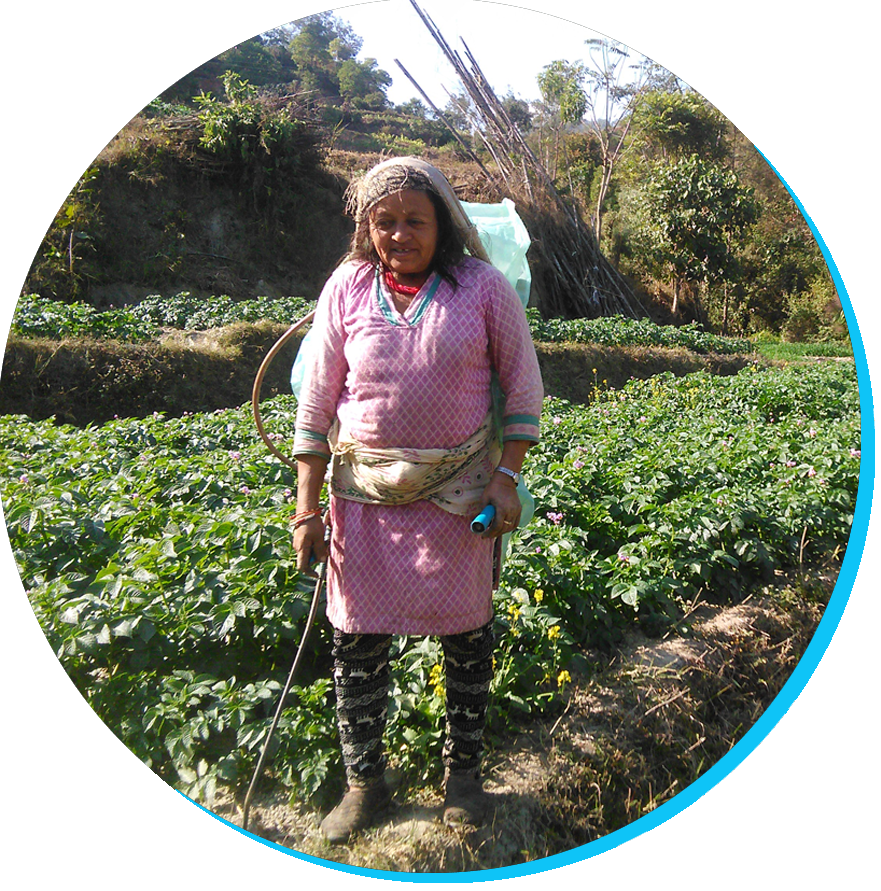
 Our FocusFostering interdisciplinary lens and mainstreaming gender in water resource management
Our FocusFostering interdisciplinary lens and mainstreaming gender in water resource management
Overview
South Asian Water (SAWA) Leadership Programme on Climate Change is a fellowship program that awards fellowship to women enrolled in master’s level Interdisciplinary Water Resources Management (IWRM) program across four universities in South Asia. The programme has evolved as a continuation to the Crossing Boundaries (2005-2012) and SAWA Fellowship (2012-2016). The current fellowship program aims at facilitating the creation of a group of interdisciplinary women leaders in south Asia, having a common understanding of the crosscutting scientific and societal issues of water resource management. Since this programme lays emphasis on leadership and intensive trainings, the number of awards is less in comparison to the earlier phase. The programme is being funded by IDRC and is managed by SaciWATERs.
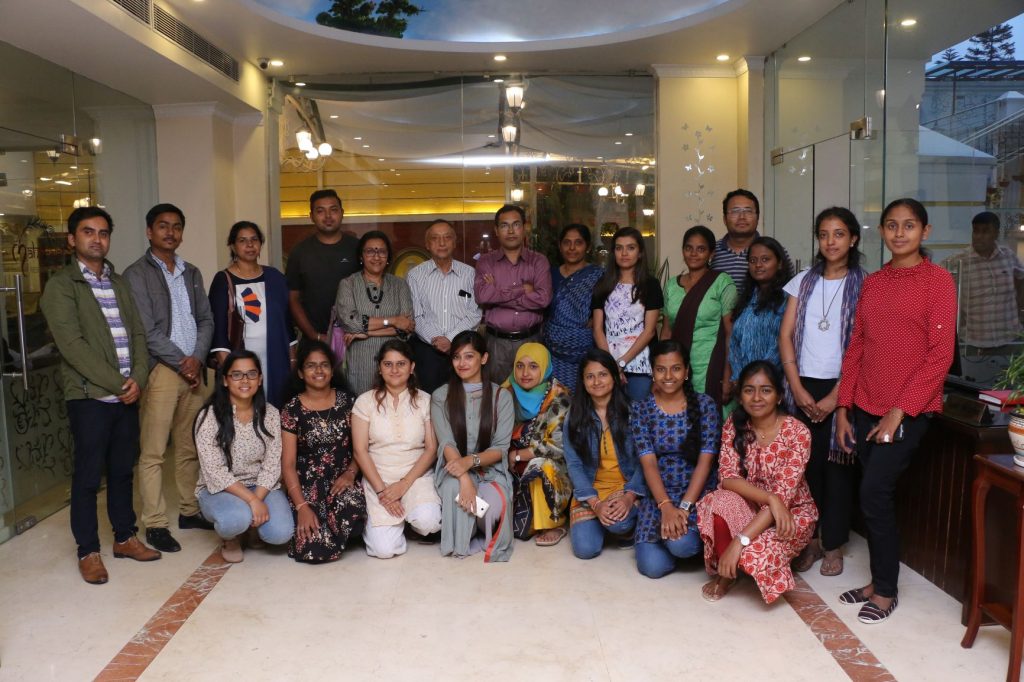
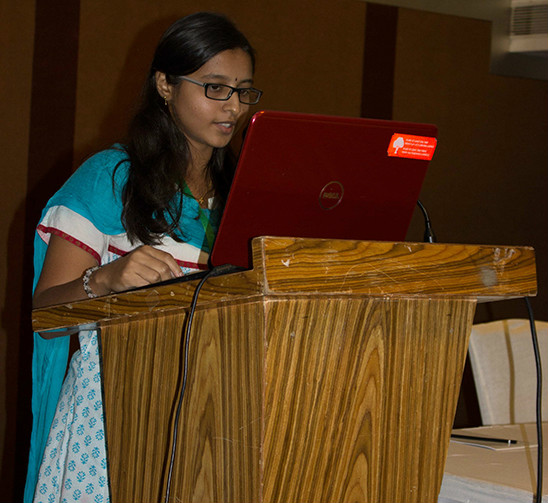
Aim
The program aims to increase the number of women occupying leadership roles in the water sector and also aims to foster an interdisciplinary approach linking climate change and water insecurity by awarding fellowships to 36 women enrolled in master’s-level Integrated Water Resources Management (IWRM) programs in Bangladesh, India, Nepal and Sri Lanka.

Coordinating Institution
South Asia Consortium for Interdisciplinary water resources studies (SaciWATERs) is the nodal agency in the implementation of the program and also functions as the coordinating body with the program partners and IDRC.
Partner Institutions
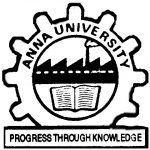
Anna University

Bangladesh University of Engineering and Technology
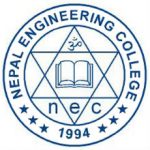
Nepal Engineering College
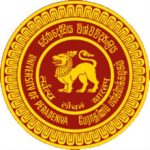
University of Peradeniya
Our vision
The project envisions creating a research network across four South Asian countries by supporting research on water and climate change. It focuses on Capacity Building of women scholars who would be potential water leaders in future. The fellowship is awarded to students that come from a technical background and the vision is to train them about societal complexities with specific focus on gender. The long-term vision of the project is to have a common understanding about the way South Asian water challenges can be dealt with while paying adequate attention to the regional nuances.

